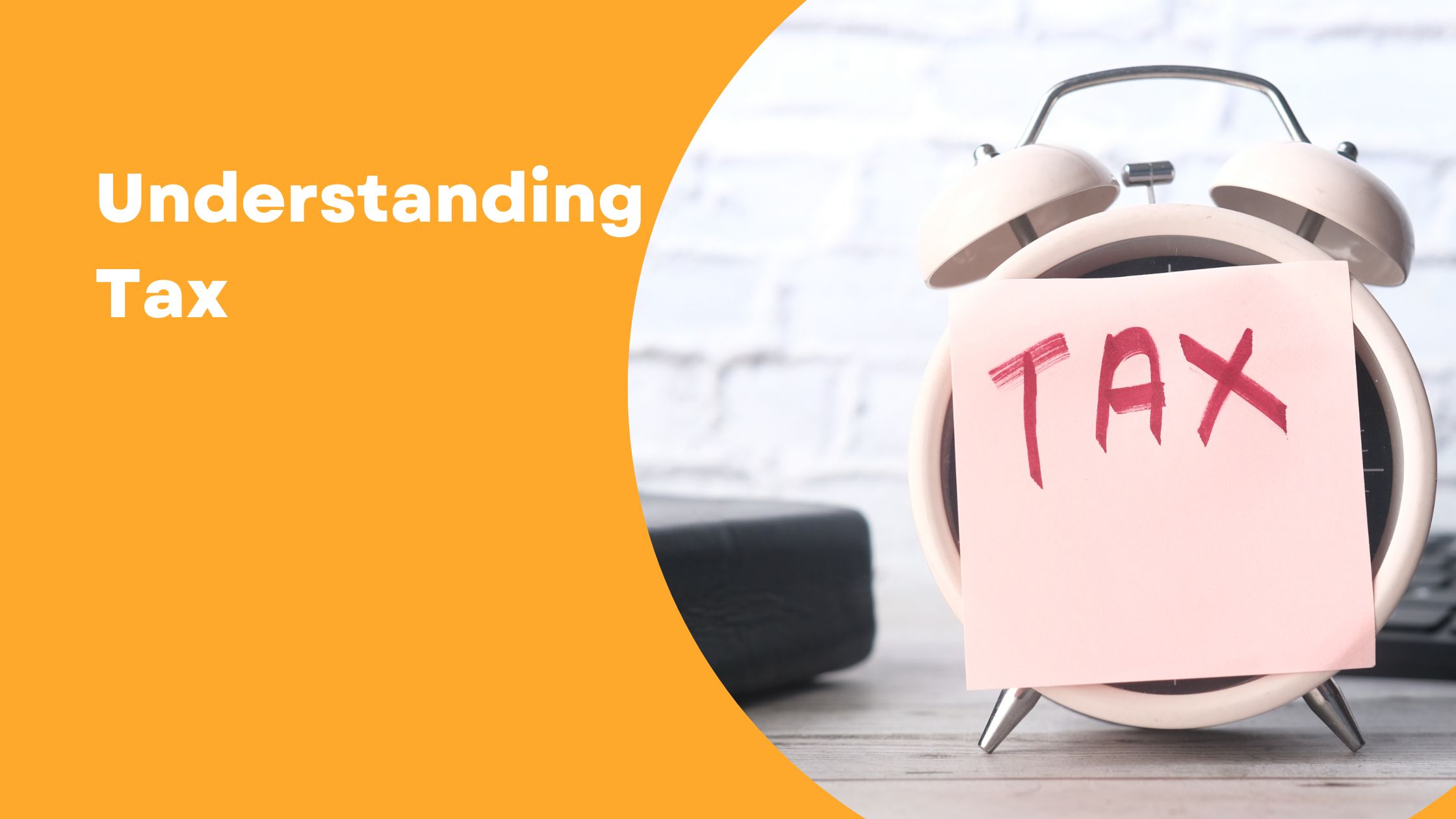Taxation is an essential part of the UK’s economic system, with taxes collected by the government used to fund public services such as healthcare, education, and social welfare. In this blog, we’ll provide an overview of the UK tax system, the different types of taxes, and what you need to know as a taxpayer.
Having a basic understanding of taxes is essential to developing a sound financial plan.
Overview of the UK Tax System
The UK tax system is divided into two categories: direct and indirect taxes. Direct taxes are taxes that are paid directly by individuals or businesses to the government, while indirect taxes are taxes that are imposed on goods and services.
Direct Taxes
The three main direct taxes in the UK are income tax, national insurance, and corporation tax.
Income Tax: Income tax is a tax on the income you earn as an individual, including earnings from employment, self-employment, and rental income. The amount of income tax you pay depends on your income, with higher earners paying a higher percentage of their income in tax.
National Insurance: National insurance is a contribution made by individuals and employers to fund social security benefits such as the state pension, unemployment benefits, and maternity pay. National insurance contributions are also used to fund the National Health Service (NHS).
Corporation Tax: Corporation tax is a tax on the profits made by businesses operating in the UK. The current rate of corporation tax is 19%, but it is set to increase to 25% from April 2023 for businesses with profits of more than £250,000.
Indirect Taxes
The two main indirect taxes in the UK are value-added tax (VAT) and excise duty.
VAT: VAT is a tax on goods and services that is charged by businesses and paid by consumers. The current standard rate of VAT in the UK is 20%, but there are also reduced rates of 5% and 0% for certain goods and services.
Excise Duty: Excise duty is a tax on goods such as alcohol, tobacco, and fuel. The amount of excise duty paid depends on the type and quantity of the goods.
Capital gains tax (CGT) is another type of direct tax in the UK. It is a tax on the profit you make when you sell or dispose of an asset, such as a property, shares, or a business. The tax is only payable on the gain or profit made on the sale, not on the total amount received.
There are different rates of CGT depending on the asset sold and the individual’s income tax bracket. For individuals, the standard CGT rate is currently 10% for basic rate taxpayers and 20% for higher rate taxpayers. For gains on residential property, the rates are 18% and 28% respectively.
There are also various exemptions and reliefs available that can reduce or eliminate the amount of CGT payable. For example, there is an annual tax-free allowance of £6,000 for individuals, meaning that the first £6,000 of capital gains made this tax year are exempt from CGT. Additionally, certain assets, such as cars and personal possessions, are exempt from CGT.
If you sell an asset that is subject to CGT, you must report the gain or loss to HM Revenue and Customs (HMRC) and pay any tax owed by the deadline. The deadline for reporting and paying CGT is usually 31 January following the end of the tax year in which the gain was made. However, there are specific rules and deadlines that apply depending on the circumstances of the sale, so it’s important to seek professional advice if you are unsure about your CGT obligations.
What You Need to Know as a Taxpayer
As a taxpayer in the UK, it’s important to understand your tax obligations and how to manage them effectively. Here are some key things you should know:
Tax Deadlines: The deadline for submitting a tax return in the UK is 31 January each year. If you miss the deadline, you may face penalties and interest charges.
Tax-Free Allowances: As an individual, you are entitled to a tax-free personal allowance each tax year, which is currently set at £12,570. This means that you only pay income tax on income above this threshold.
Tax Relief: There are various tax relief schemes available to help individuals and businesses reduce their tax liabilities. For example, you may be eligible for tax relief if you make charitable donations or contribute to a pension scheme.
In conclusion, the UK tax system is complex and can be difficult to navigate, but understanding your tax obligations and rights as a taxpayer is crucial. By staying informed and seeking professional advice when needed, you can ensure that you meet your tax obligations and minimize your tax liabilities.
Contact our finance team today to see how we can help you.










